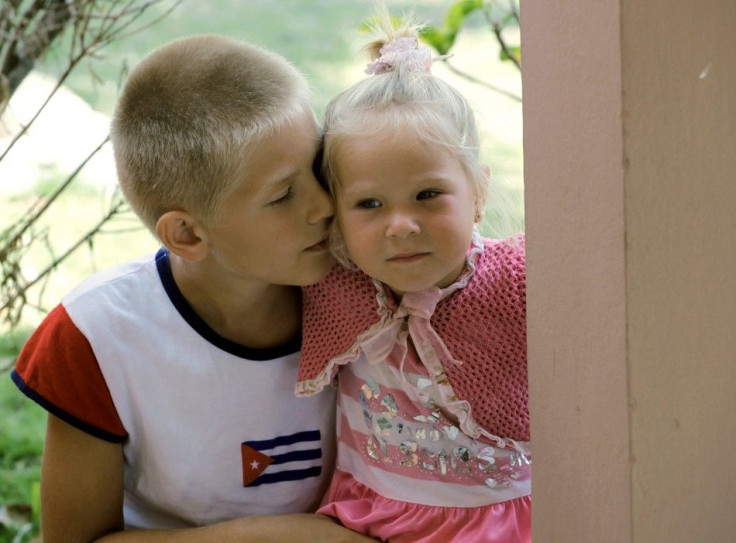Does radiation skew gender balance by causing fewer female births worldwide?

Several million fewer girls were born worldwide due to leakage of radioactive elements from nuclear tests and power plant accidents in the last 50 years, a new study has revealed.
The study concluded that more males were born to females around the world since 1960s, when atomic bomb tests saw a rise.
Published in the latest issue of the journal Environmental Science and Pollution Research, the findings suggest that the sex ratio was affected more in United States and most of the European countries particularly.
In the 1960s and '70, radioactive atoms from atomic bomb tests were dispersed into the atmosphere, caught by air currents and then spread around the planet, scientists who were involved in the study said.
Researchers suggest that a greater gender gap was recorded second time in Eastern European countries post 1986 Chernobyl nuclear disaster in Ukraine.
“The closer the country was to Chernobyl, the stronger the effect. More males were born relative to females in neighboring Belarus than in France, hundreds of miles,” said the study co-author Hagen Scherb, a biostatistician at the German Research Center for Environmental Health in Munich, adding that “no post-Chernobyl effect was seen in the U.S., which was presumably too far away for the radioactive atoms to reach in sufficiently high amounts.”
According to Scherb, biologically male births outnumber female births by a ratio of 105 to 100, but birth of a million fewer girls indicates no normal situation.
A sperm cell contains either an X or Y chromosome, while an egg contains only an X chromosome. An XY combination in the embryo results in a boy and an XX combination results in a girl.
The boost in males may be due to damage to X chromosomes in sperm, Scherb said.
The study further speculates that radiation from the recent Fukushima Daiichi nuclear power plant accident in Japan can again affect female birth rate in Japan as well as elsewhere.
“We do not know how much radioactivity was emitted through Fukushima and how it will spread throughout the world. Maybe it's confined to just Japan, but if it gets in the water and the air, it's possible that we could see a similar effect, especially on the West Coast of America, he concluded.
© Copyright IBTimes 2024. All rights reserved.











